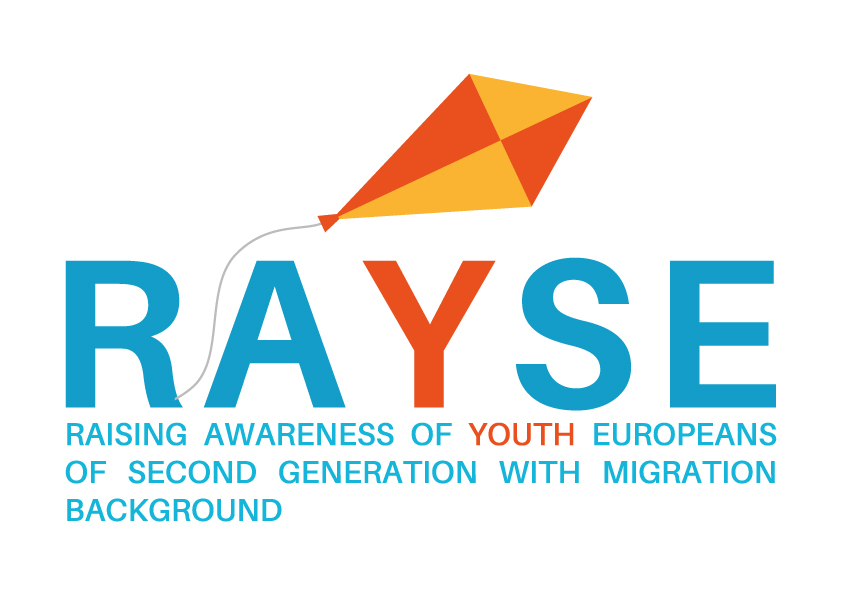
21 Abr Artículo/Experiencia de Marina durante el proyecto RAYSE. Article/Experience of Marina during the RAYSE Project.
Soy marina Rodriguez, staff del ACD LA HOYA dentro del proyecto RAYSE. Desde que tuve el primer contacto con el proyecto “RAYSE” y me contaron los objetivos que el proyecto prometía alcanzar, mi concienciación y preocupación sobre los migrantes de segunda generación no hizo más que crecer.
Desgraciadamente, mis conocimientos sobre las vivencias y derechos de migrantes de segunda generación eran escasos por aquél entonces, especialmente los relacionados con otros países. Cuando empecé a involucrarme y a investigar sobre el tema, descubrí que en países como Italia hay que esperar años para poder conseguir la nacionalidad del país, a pesar de haber nacido allí, mientras que en países como Suecia ofrecen facilidades para los migrantes y su inclusión en la sociedad.
Pero, tras la participación en los diferentes eventos que han tenido lugar bajo el nombre del proyecto, me he dado cuenta de que, en muchas ocasiones, la nacionalización no es suficiente.
Los jóvenes de segunda generación se encuentran en un estado que Sayad (2003) definió como “la doble ausencia”, es decir, no se sienten parte ni de la sociedad de acogida, ni de la de origen. De esta forma, se enfrentan diariamente a un rechazo social.
Haber tenido la oportunidad de conocer las historias de tantas personas distintas procedentes de partes del mundo completamente diferentes ha sido una experiencia tanto inolvidable como decepcionante. Conocer las barreras a las que estas personas han de enfrentarse en una sociedad tan cambiante y con tanta movilización de personas a nivel mundial, deja mucho que desear.
Realmente, la participación en este proyecto se ha traducido en un empujón en mi misma para intentar aportar mi granito de arena en la mejora de la sociedad hacia el trato que reciben los migrantes de segunda generación. Que los migrantes de segunda generación se sientan aceptados por la sociedad es nuestra tarea. ¿Por qué señalar la diversidad pudiendo aprender de ella?
I am Marina Rodriguez, staff of ACD LA HOYA during the RAYSE project.
Since I had the first contact with the “RAYSE” project and I was told about the objectives that the project promised to achieve, my awareness and concern about second generation migrants only grew.
Unfortunately, my knowledge about the experiences and rights of second generation migrants was scarce at that time, especially those related to other countries. When I started to get involved and do research on the subject, I discovered that in countries like Italy it takes years to obtain the country’s nationality, despite being born there, while countries like Sweden offer facilities for migrants and their inclusion in society.
But, after participating in the different events that have taken place under the name of the project, I have realized that, in many occasions, nationalization is not enough.
Second generation young people are in a state that Sayad (2003) defined as “the double absence”, that is, they do not feel part of either the host or the home society. In this way, they face social rejection on a daily basis.
Having had the opportunity to hear the stories of so many different people from completely different parts of the world has been both an unforgettable and a disappointing experience. Knowing the barriers these people have to face in such a changing society with so much mobilization of people worldwide leaves much to be desired.
Really, the participation in this project has been a push in myself to try to do my bit to improve society’s treatment of second generation migrants. Making second generation migrants feel accepted by society is our task, so why point out diversity when we can learn from it?



